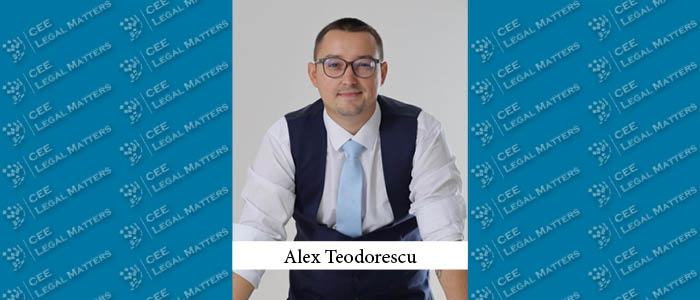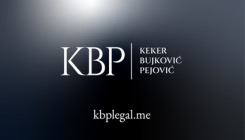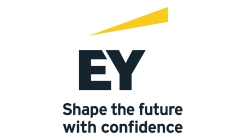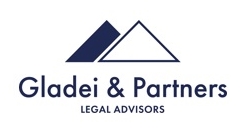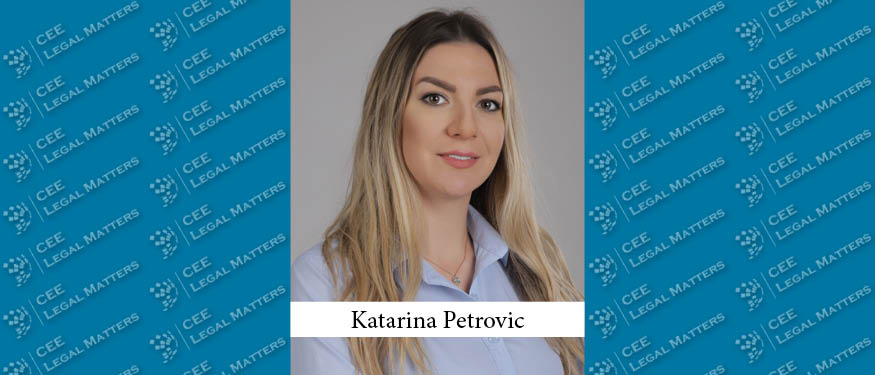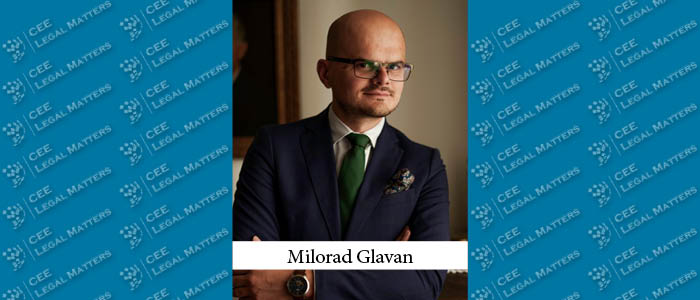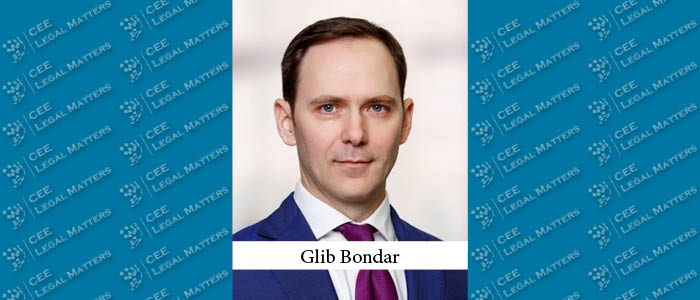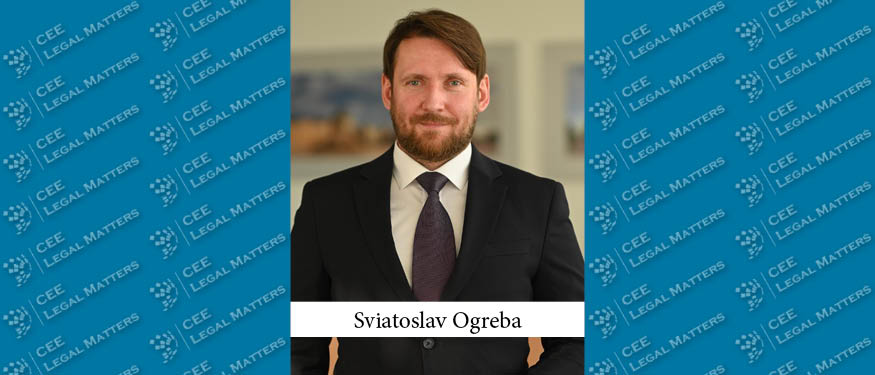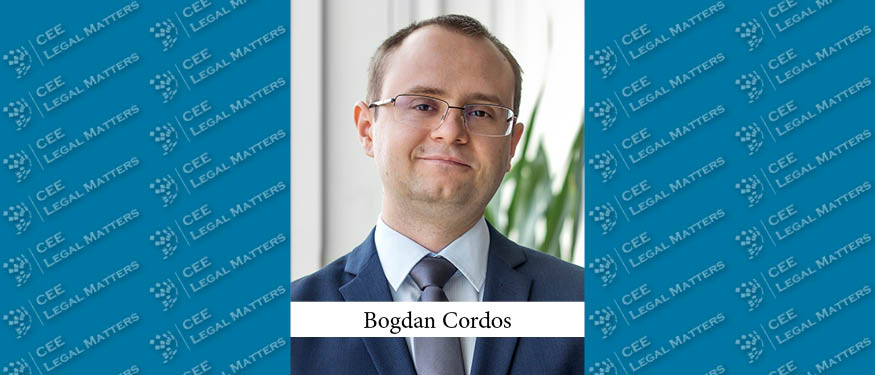The implementation of EU Directive 2019/1937 has established Romania as part of a broader European trend toward increased transparency and accountability in business practices. For many Romanian companies, especially small and medium-sized enterprises, this shift has introduced a steep learning curve, but also significant opportunities.
Immediate Impacts
- On organizational practices: Employers are required to establish and maintain confidential reporting channels and designate officers to handle whistleblowing cases. Failure to do so can lead to hefty finesand reputational damage.
- On employee behavior: The increased protections are expected to encourage more employees to come forward with complaints, especially concerning unethical practices. This creates a dual-edged sword for companies: while fostering transparency, it also exposes weaknesses in existing governance structures.
Predictions for 2025
- Rise in Whistleblower Reports: The improved protections will likely result in a higher number of reports, particularly from younger employees who are more attuned to issues of corporate ethics and integrity.
- Legal Precedents: As more cases are brought to court, we anticipate clearer judicial interpretations of the law, which will guide future compliance strategies.
- Third-Party Solutions: Many companies, especially SMEs, may turn to external providers for whistleblowing solutions, from secure digital platforms to outsourced investigation services.
- Cross-Border Implications: For multinationals operating in Romania, ensuring compliance across jurisdictions will remain a complex yet necessary challenge.
Strategic Advice for Employers
Companies should view whistleblowing mechanisms not as a threat, but as a tool for improving internal processes. By encouraging a culture of transparency and protecting whistleblowers, businesses can build trust and credibility. Training employees and communicating the benefits of these measures is crucial to ensure adoption and effectiveness.
By Alex Teodorescu, Managing Partner, Teodorescu Partners

